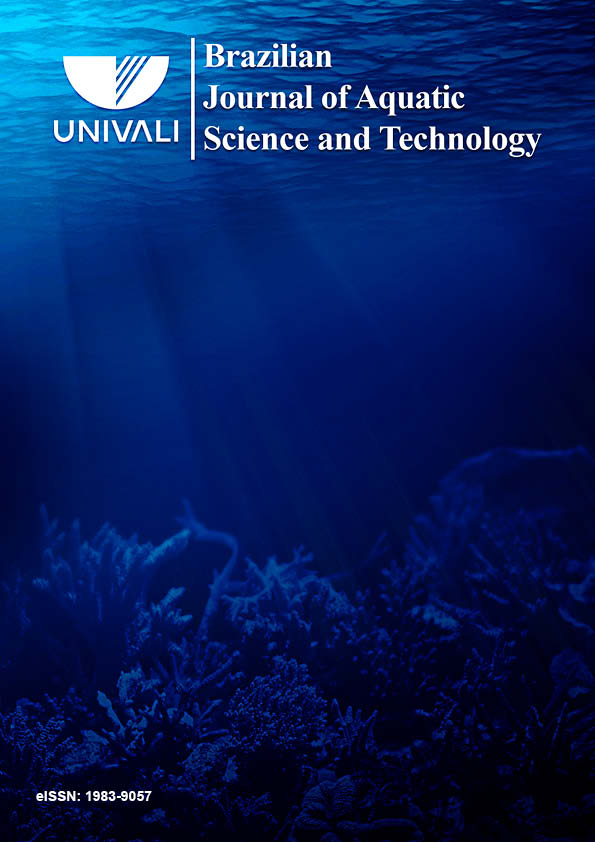

Sport fishing is one of the fastest growing leisure categories in today's world. In Brazil it is also practiced as a sport or leisure, noncommercial purposes. However, few studies are conducted in order to manage this activity in a sustainable manner. This study aimed to analyze sport fishing, practiced the "Fisherman’s Deck" (Santos, SP, Brazil), describing their biological characteristics and the socioeconomic profile of its participants. We interviewed 150 fishermen, aged between 12 and 82 years, 85% male. The majority (56%) has a college degree and resides near the fishing spot. The target species are swordfish (Trichiurus lepturus), bass (Centropomus spp.), Hake (Cynoscion spp.), betara (Menticirrhus americanus), corvina (Micropogonias furnieri) and hake-yellow (Macrodon atricauda). Three types of fishing, bottom fishing, surface and crab were identified. Fishermen indicated that fish stocks have declined due to increased commercial fishing and pollution. Each fishery lasted on average 5.0 (S.D.=2.1) hours and captured 850,8g (S.D.=962.5) g / angler / day. The estimated catch for the study period was 1314.8 (S.D.=1919.1) kg, representing less than 3% of fish landed by commercial fishing. Therefore, sport fishing from "Fisherman’s Deck" causes low impact to regional fish stocks.






Ciências Ambientais, Ambientes Aquáticos e Costeiros.
BJAST adota a política de publicação contínua de artigos. Assim, sempre que um manuscrito for aprovado para publicação, estará imediatamente disponível para leitura.

